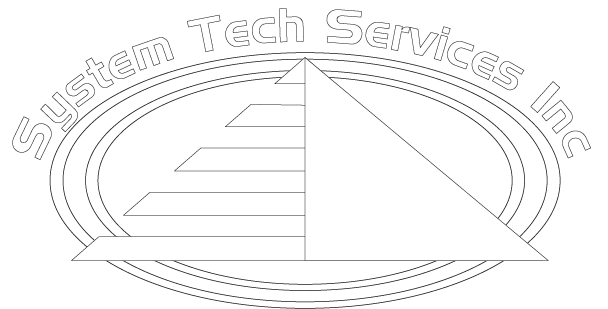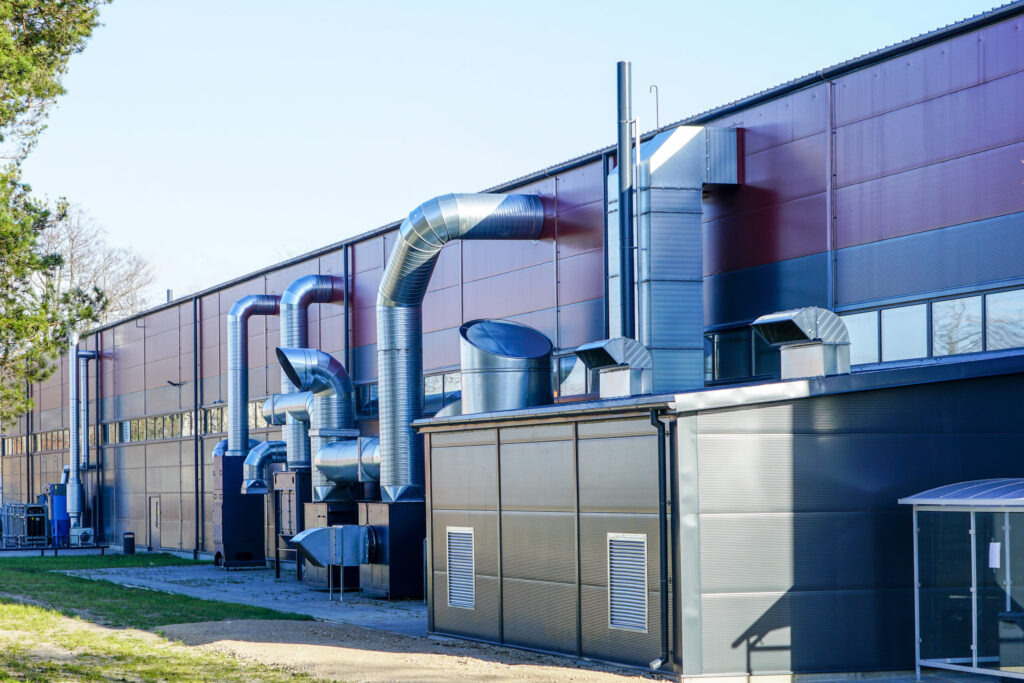Today, we’re going to talk about humidity, a fundamental factor that shapes our comfort in the unique (read: swampy) climate of Florida. Join us as we delve into the intricacies between humidity and HVAC systems, uncovering their combined roles in maintaining an ideal indoor environment.

Cracking the Code of Humidity: Humidity, the measure of moisture in the air, is a central player in Florida’s climate narrative. Its relationship with temperature can significantly influence our experiences. This blog post aims to reveal how humidity and HVAC systems collaborate to create spaces that offer both comfort and well-being.

Crafting Comfort in Florida’s Humidity: We’ve all felt the impact of high humidity – that muggy, suffocating sensation. Conversely, low humidity levels can lead to parched skin and respiratory issues. Here in the Sunshine State, HVAC systems serve as the architects of indoor comfort, delicately balancing humidity levels for our well-being.
HVAC’s Humidity Handling Prowess: Beyond their conventional role in temperature control, HVAC systems in Florida masterfully manage humidity levels. Cooling air inherently reduces moisture content, necessitating a well-honed equilibrium. The orchestration of humidifiers and dehumidifiers ensures a harmonious indoor environment year-round.
Efficiency and Florida’s Humidity: In the pursuit of energy efficiency, HVAC systems in Florida’s humid climate shine. By maintaining optimal humidity levels, these systems bolster efficiency, curbing energy consumption. A balanced indoor atmosphere empowers HVAC units to function optimally, resulting in tangible cost savings.
Indoor Air Quality and Florida’s Humidity: Florida’s unique climate can contribute to indoor air quality concerns. High humidity levels foster mold and allergen growth, impacting both air quality and health. HVAC systems, equipped to manage humidity effectively, become vital allies in maintaining healthier indoor spaces.

Practical Steps in Florida’s Humidity Management:
- Hygrometer Wisdom: Gauge humidity levels using hygrometers for accurate measurements.
- HVAC Care: Regular HVAC maintenance ensures consistent humidity control.
- Embrace Ventilation: Adequate ventilation combats excessive humidity buildup.
- Seal the Leaks: Prevent moisture infiltration by addressing leaks.
As we go about our days in Florida’s distinctive climate, it’s crucial to understand how humidity comes into play. Armed with this knowledge and recognizing the HVAC systems as key players in our comfort, we’re ready to shape spaces that offer both a sense of well-being and calmness.
Should you seek guidance in taming Florida’s humidity complexities, the team at System Tech Services is here to offer our expertise. Together, let’s craft indoor havens that celebrate optimal comfort in Florida’s distinctive environment.

